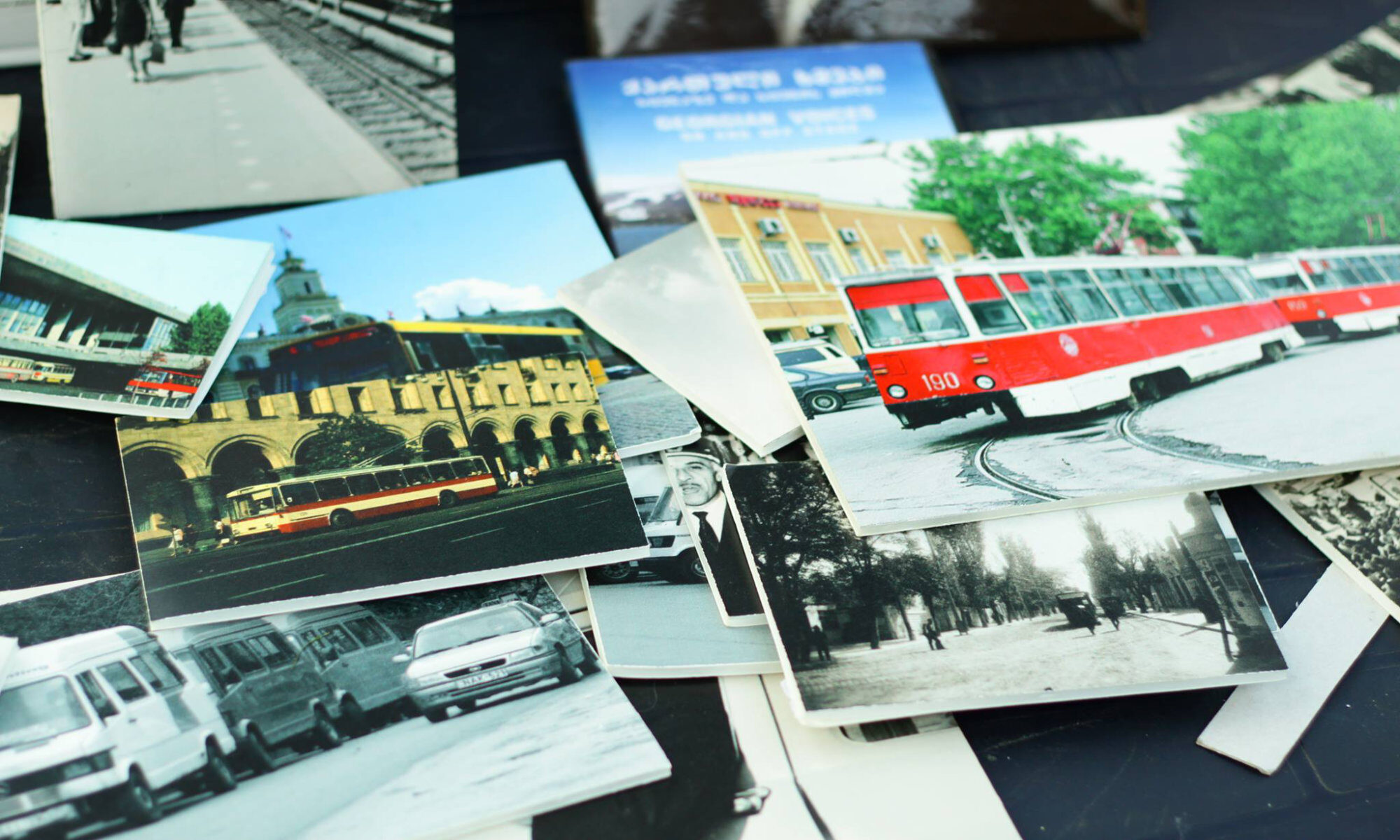On 7th June, 16:30-18:00 CET (15:30 – 17:00 UK time) the panelists Stefan Popov, Karolina Wigura, and Špela Drnovšek Zorko will discuss about the connections between Central Europe, Brexit and Covid-19. The panel will be hosted and moderated by Lyubomir Pozharliev. You can register here for free to join the panel online, no membership required.
Continue reading “Central Europe, Brexit and Covid-19: free Online panel & discussion”




